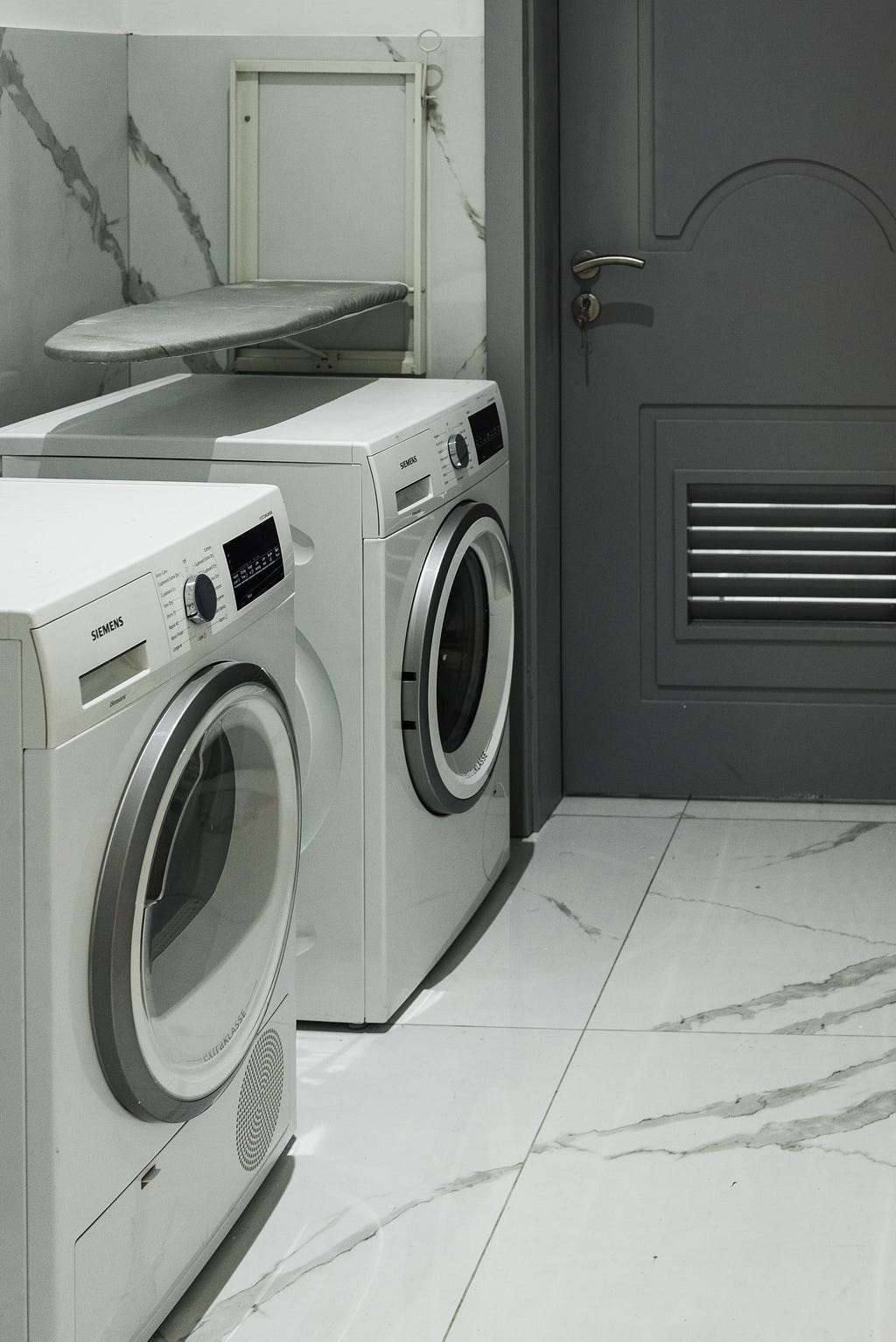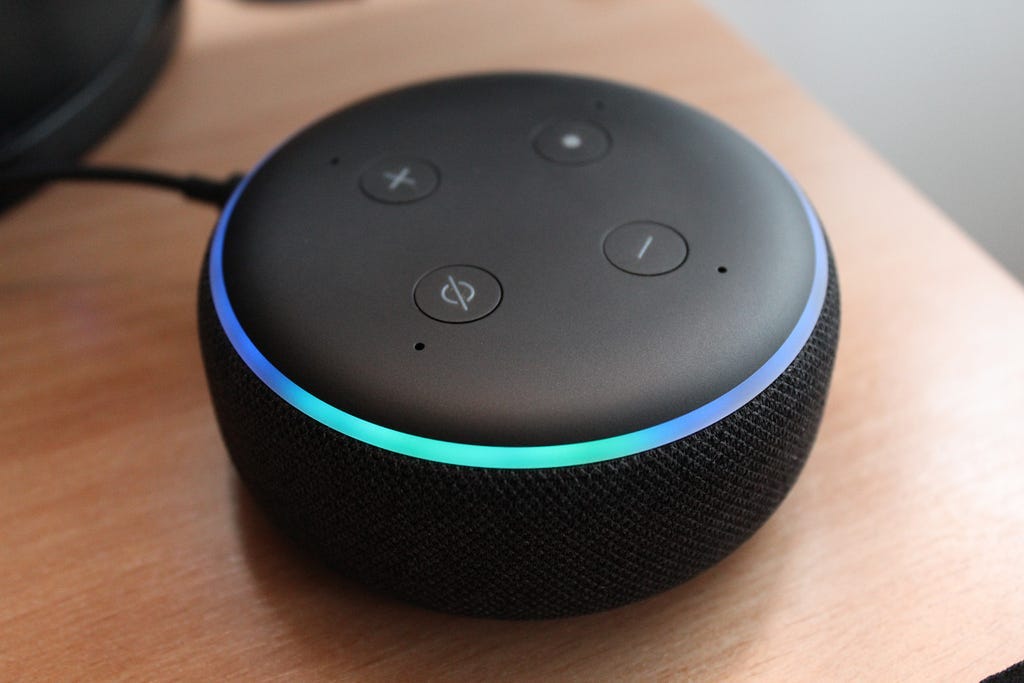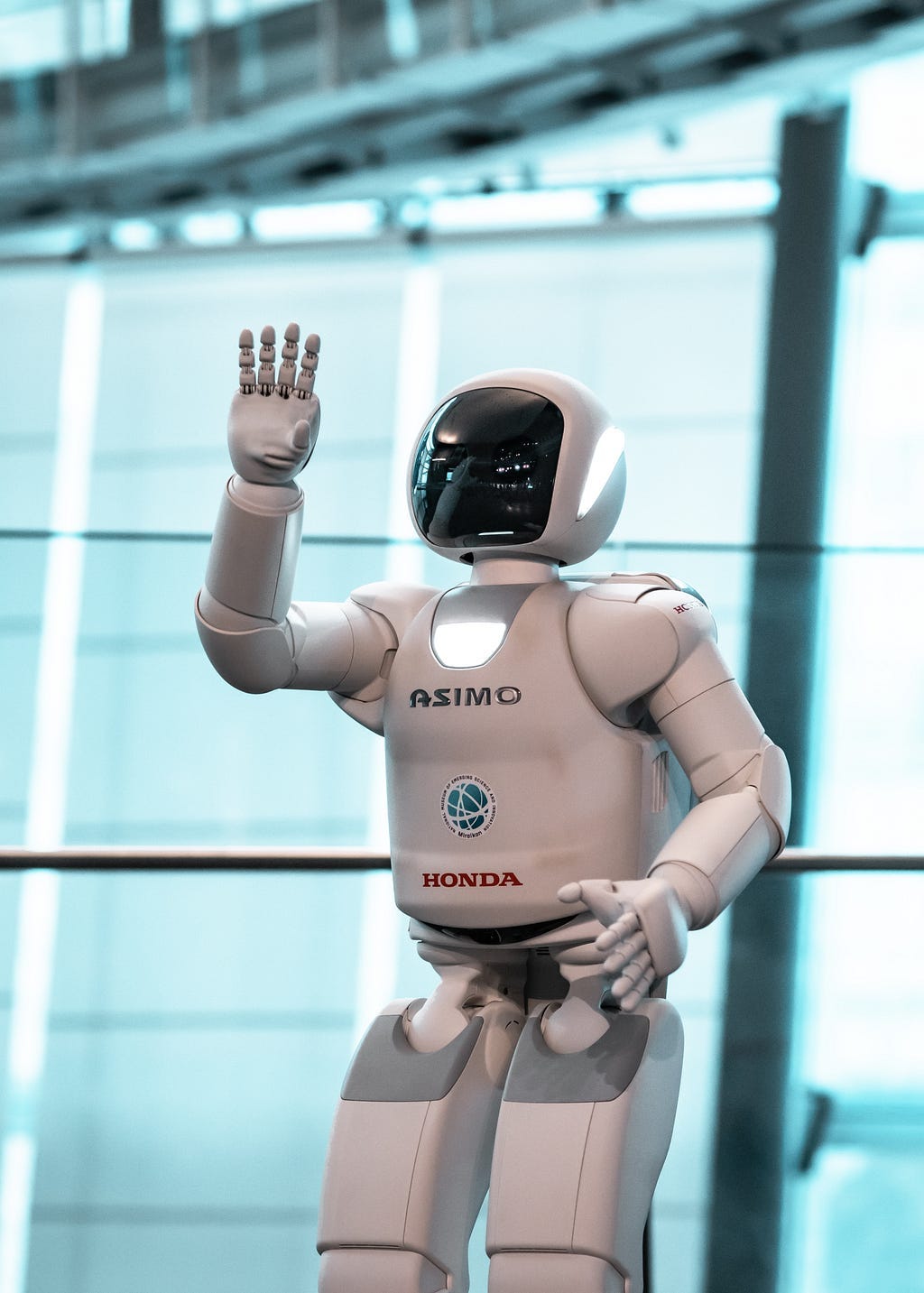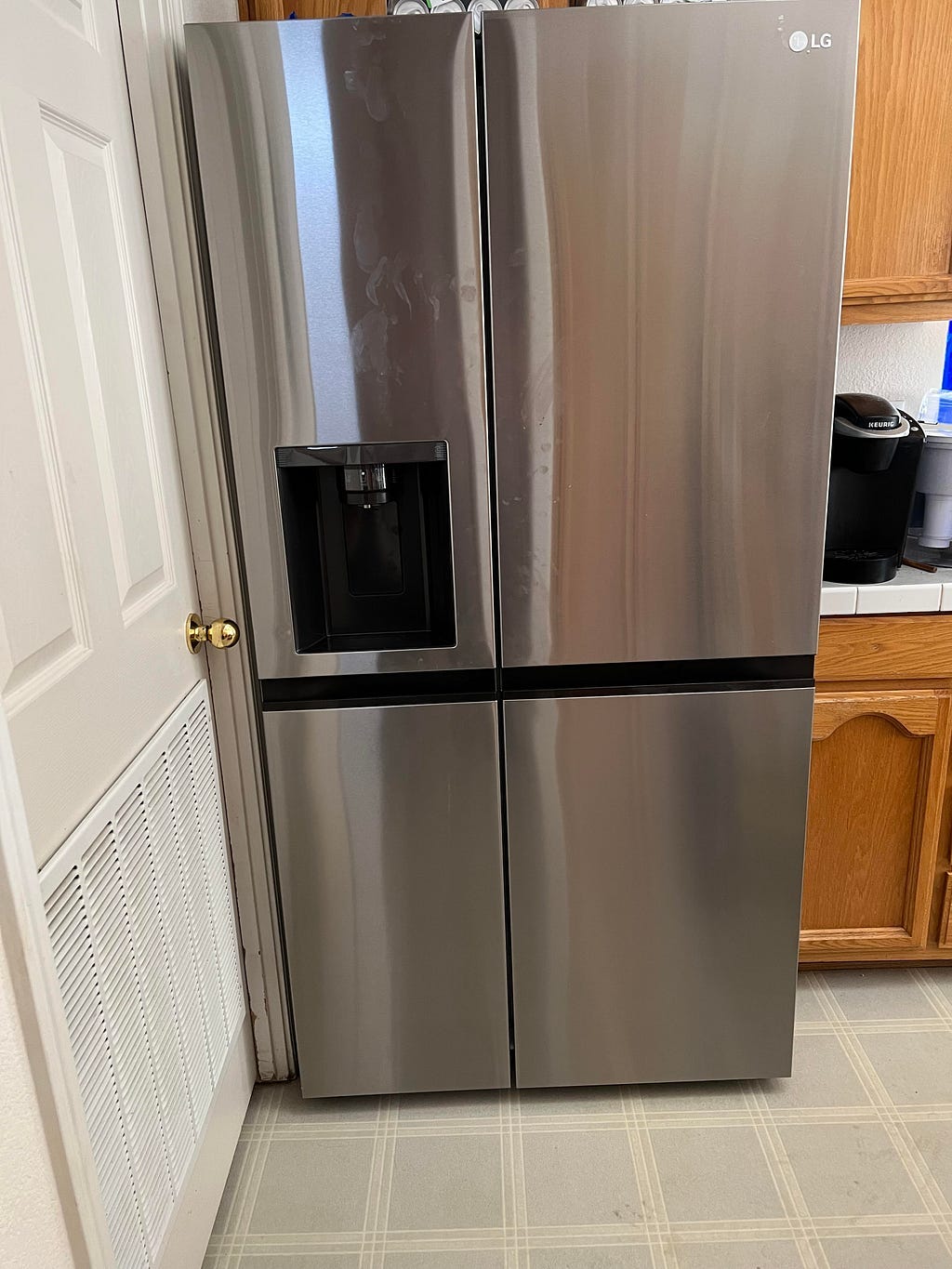A Twinge of Happiness, a Rush of Joy
I don’t think happiness comes in big waves that wash over you. It comes in moments, flashes, a breath.

My 19-year-old clothes washer died at the beginning of July. It might have been repairable, but I thought it had served us well, and washers and dryers were on sale. A bonus feature on the new washer and dryer that I bought is that the controls are on the front of the machines and are both front loading. Wheelchair accessible, in other words. A great example of Universal Design (a conversation for another day.)
Since I was at it, I decided to get a new refrigerator. It had been in the house when I bought it and had always been inadequate and drippy. I got what I have wanted since I saw the first ad for one — a fridge with a water and ice dispenser in the door. I realize this is not an innovation — I just hadn’t bought a refrigerator before. I was an apartment dweller until I purchased this manufactured home in 2004.
The dispenser is at a great height for me to use (probably for little kids, too) from my wheelchair.
My old fridge did not have an ice maker — yes, a first-world problem. I can be extra whiney and say that my disability causes my body to overheat, so I need cold drinks to be comfortable, particularly in the summer.
When I got my first mug of water with crushed ice (CRUSHED ICE!), I felt this zing of happiness. It was so easy for me to use. I didn’t have to ask my highly patient husband to get me some ice.
Technology is My Friend
The above are two examples of evolving technology that has improved my quality of life. Others include microwaves, convection toaster ovens, Keurig coffee makers, my wheelchair ramp van, and my stairlift up to my backdoor.
Before Alexa was around to control my lights, I got an RF remote for the lamp by my bed (in the ‘80s!). I loved that remote!
I didn’t get a powered mobility device (the first was a mobility scooter) until I was in my thirties. It was the next best thing to getting my driver’s license (the instant I was old enough, I got my CDL)

The Hassle Factor
The thing about being born with a physical disability that comes with chronic (and sometimes acute) pain is that if you have never had an experience of any other existence, you just are accustomed to all of the perks of that disability. I always say, “I’ve never not had it.” (I have written about my congenital epidermolytic ichthyosis here https://medium.com/@teri.adams/im-a-hard-stick-269bdd243319 and here https://medium.com/@teri.adams/everything-old-is-new-again-5273825d89f1.)
Modern life is full of hassles — I guess life has always been full of hassles. One of the key goals of advertising is to convince you that buying X product will alleviate one or moreof the hassles that plague you.
Definition 2 of “Hassle” from Dictionary.com: a problem brought about by pressures of time, money, inconvenience, etc.: Finding a decent place to have lunch in this neighborhood is always a hassle.
With a disability that impacts your mobility and your ability to manipulate objects, for whatever reason, and you add a feature (it is a feature, not a bug) of chronic pain from that disability, you just feel those daily hassles a little more deeply. You build up another layer of frustration until it bursts out — I think the last time I had a “burst,” I yelled, “I am just tired of struggling.”
Even as a kid, I didn’t have the “why me” thoughts or the “why can’t I do X?” I thought, “why can’t this be easier to do?”
I got your gratitude right here!
In the popular media, it has been in vogue now that steering your thoughts toward gratitude is a good thing for your mental health. Some also think that projecting gratitude will bring more things to you to be grateful for.
When I list things I am grateful for, after my husband, my cleaning lady, and my cats, I start thinking about the physical objects in my life that make just keeping on a little easier. I can’t wait to see what comes next.

I want a robot.




